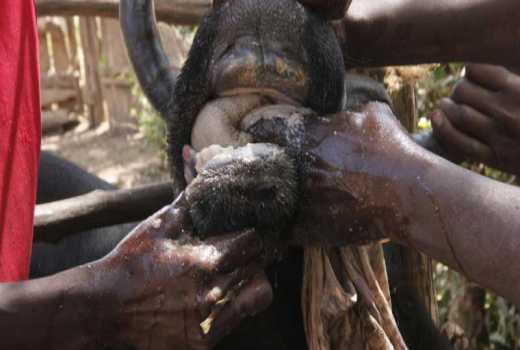
Last week, there were reports in The Standard that farmers in Rongai were using a traditional brew – busaa to treat Foot and Mouth Disease (FMD). The area veterinary doctor is yet to confirm whether there is a real FMD outbreak. However, the story elicited a lot of reaction from Smart Harvest readers with many asking me whether busaa can be used to treat FMD.
I will address that dizzying question today. Diseases have many causes; they can be caused by micro-organisms like bacteria, viruses, fungi, protozoa among others. Other diseases are caused by deficiencies in nutrition while others are congenital meaning they are caused by genetic abnormalities.







